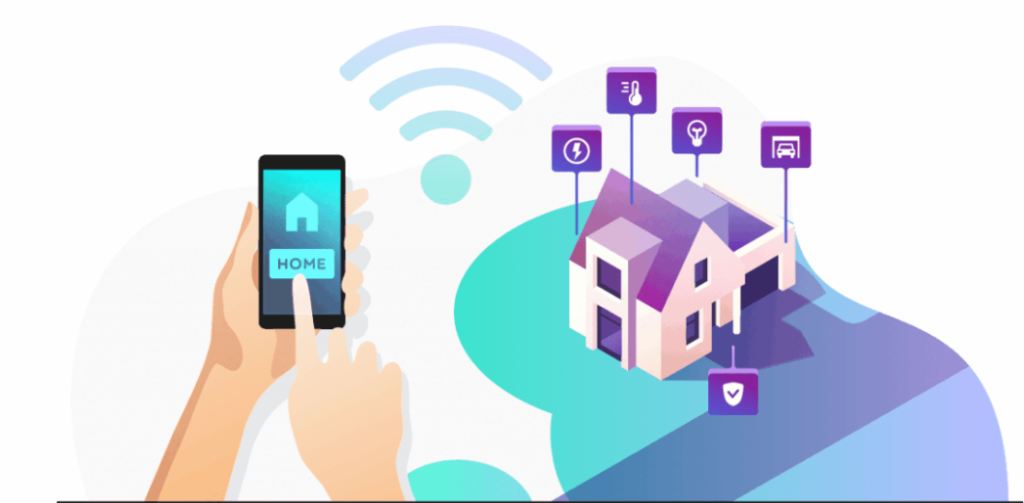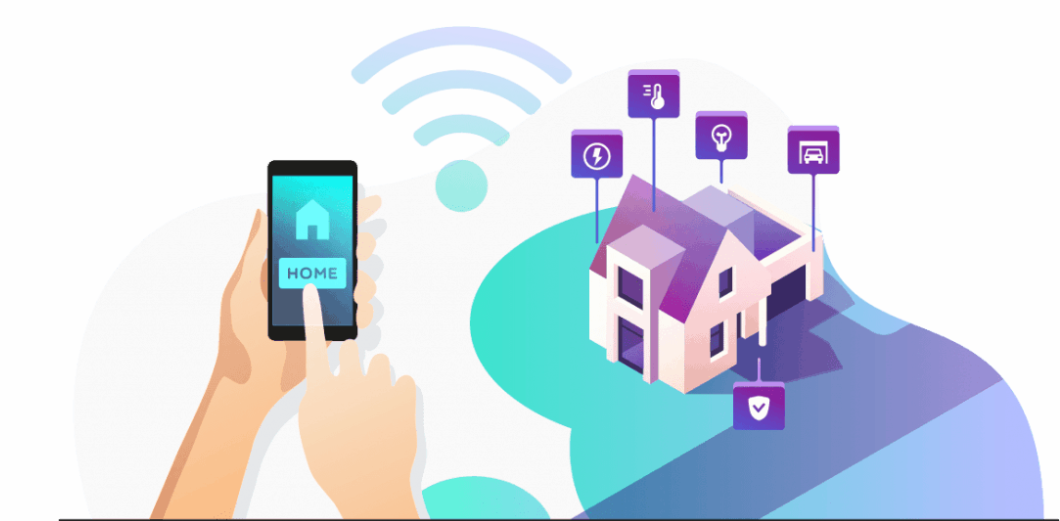Enhancing Home Security Through Automation: A Comprehensive Guide
In an era where technology has permeated every aspect of our lives, it’s no surprise that it’s also transforming the way we secure our homes. Home automation, once a futuristic concept, is now a tangible reality that not only offers convenience but also significantly boosts security measures. With the integration of smart devices and innovative technologies, homeowners can now monitor, control, and protect their homes like never before.
Understanding Home Automation Security:

Home automation security encompasses a range of technologies and devices designed to safeguard your home against intruders, accidents, and emergencies. These systems leverage interconnected devices, sensors, and smart algorithms to provide real-time monitoring and automated responses. From smart locks and surveillance cameras to motion detectors and alarm systems, the options for fortifying your home are diverse and customizable.
Table of Contents
Key Components of Home Automation:
- Smart Locks: Traditional locks are being replaced by smart locks that offer enhanced security features. Smart locks can be remotely controlled via smartphone apps, allowing homeowners to lock or unlock doors from anywhere. They also offer features like keyless entry, access logs, and temporary access codes, giving homeowners greater control over who enters their homes.
- Surveillance Cameras: Video surveillance is a cornerstone of home security automation. Modern cameras come equipped with high-definition video, night vision, and motion detection capabilities. They can be integrated with smartphone apps for remote viewing and real-time alerts, providing homeowners with constant vigilance over their property.
- Motion Sensors: Motion sensors detect movement within a specified area and can trigger alarms or notifications when activity is detected. These sensors can be installed indoors or outdoors and are an effective deterrent against intruders.
- Smart Alarms: Smart alarm systems provide comprehensive security by integrating various sensors and detectors throughout the home. They can detect unauthorized entry, smoke, fire, carbon monoxide, and even water leaks, alerting homeowners and authorities to potential emergencies.
- Integration Platforms: Integration platforms, such as smart home hubs or voice assistants, serve as central control systems for managing all connected devices. They enable seamless communication and automation between different devices, allowing homeowners to create custom security protocols and routines.
Benefits of Home Automation.
- Remote Monitoring: One of the primary advantages of home automation security is the ability to monitor your home remotely. Whether you’re at work, on vacation, or simply away from home, you can keep an eye on your property in real-time using your smartphone or computer.
- Customization and Flexibility: Home automation systems are highly customizable, allowing homeowners to tailor security settings to their specific needs and preferences. From adjusting sensitivity levels on motion sensors to creating personalized access codes for guests, the flexibility of these systems is unparalleled.
- Enhanced Safety: Beyond deterring intruders, home automation security also enhances safety by alerting homeowners to potential hazards such as fire, smoke, or carbon monoxide leaks. Early detection can be life-saving and can help mitigate damage to property.
- Peace of Mind: Perhaps the most significant benefit of home automation security is the peace of mind it provides. Knowing that your home is equipped with advanced security measures and that you can monitor it anytime, anywhere, can alleviate worries and allow you to focus on other aspects of your life.
Challenges and Considerations:
While home automation security offers numerous benefits, there are also challenges and considerations to keep in mind:
- Initial Investment: The upfront cost of installing a home automation security system can be substantial, depending on the number of devices and features you choose. However, many homeowners view it as a worthwhile investment in the long-term security and value of their homes.
- Privacy Concerns: The proliferation of connected devices raises concerns about privacy and data security. It’s essential to choose reputable brands and take steps to secure your network to prevent unauthorized access to your devices and data.
- Integration Complexity: Integrating multiple devices from different manufacturers can sometimes be complex and may require technical expertise. Choosing a compatible ecosystem or seeking professional installation services can help simplify the process.
- Maintenance and Upkeep: Like any technology, home automation security systems require regular maintenance and updates to ensure optimal performance. This includes replacing batteries, updating firmware, and periodically testing sensors and detectors.
Conclusion:
Home automation represents the convergence of technology and safety, offering homeowners unprecedented control and peace of mind. By leveraging smart devices, sensors, and integration platforms, homeowners can fortify their homes against intruders, accidents, and emergencies while enjoying the convenience of remote monitoring and control. While there are challenges to overcome, the benefits of home automation security far outweigh the initial investment, making it a wise choice for modern homeowners looking to protect their most valuable asset: their home.
Find More Such Article’s and blog post here
